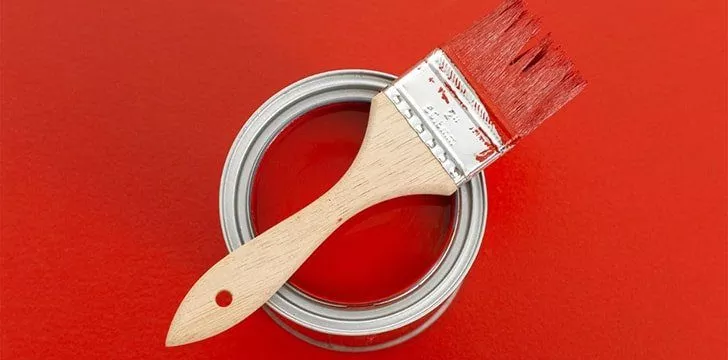In today’s world we stand on the collective history of everything that came before us.
So it’s no surprise that when you delve into the everyday things we say, you’ll find that many of them are steeped in some rather interesting historical origins.
Be it ancient history, or more modern history, the language we speak today owes a lot to those that spoke it before us.
Close, But No Cigar

I had always thought this saying stemmed from the failed CIA assassination attempt on Fidel Castro where they tried to plant some exploding cigars in his person, which would blow his head off when he lit them up.
As the CIA failed to get the cigars into Castro’s possession I had always assumed this is where it came from: close but no cigar.
However, I was massively wrong as I found out this weekend.
It stems back from the 1800’s and more specifically from the traveling fairs and carnivals that were common across America at this time.
Back then, the prizes for the fairground games weren’t big cute teddies, but rather cigars or a nice bottle of whiskey. You see where this is going?
So when you were at one of these fairs on, say, the coconut shy, and you nearly knocked that high and mighty coconut off its lofty platform but just missed it, then the carnie folk would shout “Close! But no cigar!”
Giving Someone The Cold Shoulder

Everyone’s heard of giving someone the cold shoulder, basically just ignoring them or making them feel unwelcome.
This saying originated in the early 1800’s and stemmed from serving a meal to your guests. If a guest was welcome you’d serve them a nice, delicious hot meal.
However, if the guest was unwelcome you’d simply serve them a cold cut of shoulder meat – be it pork, beef or mutton.
The shoulder was known to be the toughest part of an animal and thus the most inferior piece to serve as a meal.
By giving your unwelcome guest a cold cut of uncooked meat they’d get the idea they weren’t exactly welcome.
Blockbuster

Now I’m not talking about the ancient practice of borrowing DVDs from a store to return them later (if you’re young, then a DVD is basically Netflix except only one film, but on disk rather than the internet).
The term “Blockbuster” is used to describe high-budget, high-grossing films.
Yet this term originated from a type of World War II bomb used by the RAF.
The “Block Buster” was what the Germans started calling a British bomb capable of reducing a single city block to rubble – and that’s exactly what it did to many German cities over the course of the war so it’s unsurprising they came up with that name.
Almost immediately, the term “Blockbuster” started being thrown around to describe literally anything “big and exciting”.
After the end of World War II, the term continued being used, more so in the description of movies. By the mid-1950’s the term “Blockbuster” had been cemented to describe any movie grossing at least $2,000,000 ($17,500,000 by today’s standards).
So there you have it, a combination of aerial bombardment and cinematic advertising!
Breaking The Ice

This is one that has a rather literal explanation.
To break the ice traces its origin back to the saying “to forge a path for others to follow”, basically meaning to “establish a relaxed relationship in socially awkward situations.” This could be a first meeting, usually between a bunch of strangers.
Like when you’re at a god-awful corporate away day and the moderator gets you all to forcefully laugh as a way of breaking the ice. It’s a way of making everyone feel comfortable by setting that precedent yourself.
So the saying itself comes from specially-designed navigation ships for icy waters which would go ahead of the exploration vessels and break through the ice with their reinforced bows, carving a safe path for the exploration vessels to follow in their wake.
Painting The Town Red

I LOVE this saying! And its origins are pretty cool too!
To “paint the town red” is a way of saying you’re going to have a mad night out, and that’s exactly where it originates from.
Back in 1837, the Marquis of Waterford and his lads were having a mad one in the English town of Melton Mowbray.
Now, the Marquis was a renowned prankster and always up for some hijinks – especially when he’d had a few.
So on this particular night the Marquis and co. were on a huge night out that ended in a bunch of vandalism – smashed plant pots, broken windows, stolen door knockers, pretty standard stuff – when all of a sudden the Marquis had a hilarious idea to step it up a notch.
Marquis and the lads managed to find some red paint, so they painted a full tollgate red, along with a swan statue, and then many of the town’s front doors.
Like the legend he was, the Marquis paid any damages back to the town, but ever since then this saying has become shorthand for having a wild night out!
So there you have it, five really cool sayings with five really cool backstories.
Now the next time you’re chilling with your friends and they use one of the phrases above, you can look super smart when you tell them where it came from!












